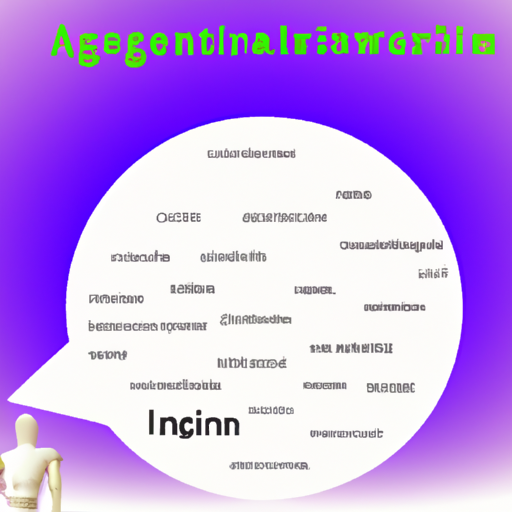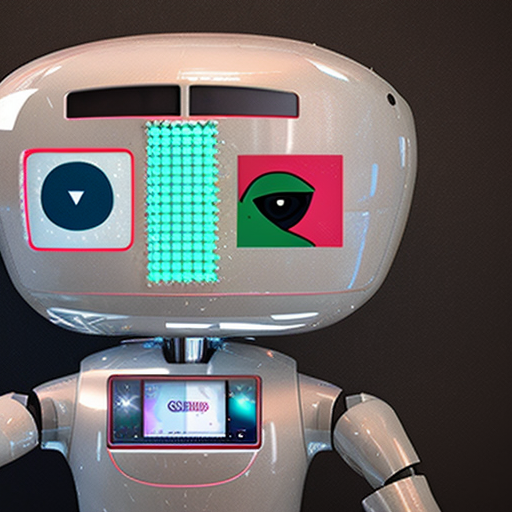
A Brave New World: AI and the Future of Humanity
As the sun sets over Silicon Valley, I can’t help but ponder about the impact of artificial intelligence (AI) on our existence. The tech giants of this world – the Googles and Amazons – have been pushing the boundaries of what AI can accomplish, often leaving us mere mortals in awe. But while we admire their technical prowess, a nagging question remains: is AI truly driving humanity forward?
In a recent 60 Minutes interview on CBS News, Google leadership waxed eloquent about the myriad ways AI is revolutionizing the world as we know it. From self-driving cars to AI-powered medical diagnosis, the benefits are apparent, and the promises tantalizing. But much like a perfectly plated dish at a Michelin-starred restaurant, one has to wonder – what lies beneath the garnish?
Now, don’t get me wrong. I’m no Luddite. As someone who has spent decades observing and analyzing AI, I’ve seen firsthand how it can enhance our lives. The rapid advances in machine learning and natural language processing have opened doors we never thought possible. It’s like discovering a new spice that adds that extra kick to an already delectable dish.
Yet, in my travels across the globe, I’ve also seen the darker side of this brave new world. Jobs lost to automation, widening wealth gaps, and data-driven surveillance that threatens our privacy. When you dig deeper into the impact of AI, it’s not all self-driving Utopias and instant medical miracles.
The truth is that AI, like any other powerful tool, can be a force for good or ill – it all depends on how we wield it. It’s like adding chili powder to a dish – a pinch can elevate the flavors, but too much can overpower and ruin it.
So, as we marvel at the latest AI breakthroughs and applaud the vision of tech leaders, let’s not shy away from asking the difficult questions. How do we ensure that AI is used to bridge gaps, not widen them? Can we find a balance between efficiency and empathy? Are we prepared to take responsibility for the unintended consequences?
In the end, the future of humanity in an AI-driven world will be shaped not just by the algorithms and data sets, but by our own values, ethics, and choices. It’s time we start contemplating how to season this dish called “life” without losing the essence of what makes us human.
As I sit here in the dimming glow of the California sun, I can’t help but feel a curious mix of excitement and trepidation. AI holds the potential to catapult us into a future beyond imagination, but it’s up to us to steer that course responsibly. The great cuisines of the world didn’t become what they are today by blindly following the recipe; they adapted, evolved, and grew through experimentation and a respect for tradition. If we can approach AI with the same spirit of culinary adventure, tempered by a dash of caution, then perhaps we’ll find ourselves dining at the table of progress rather than choking on its bitter fruits.

